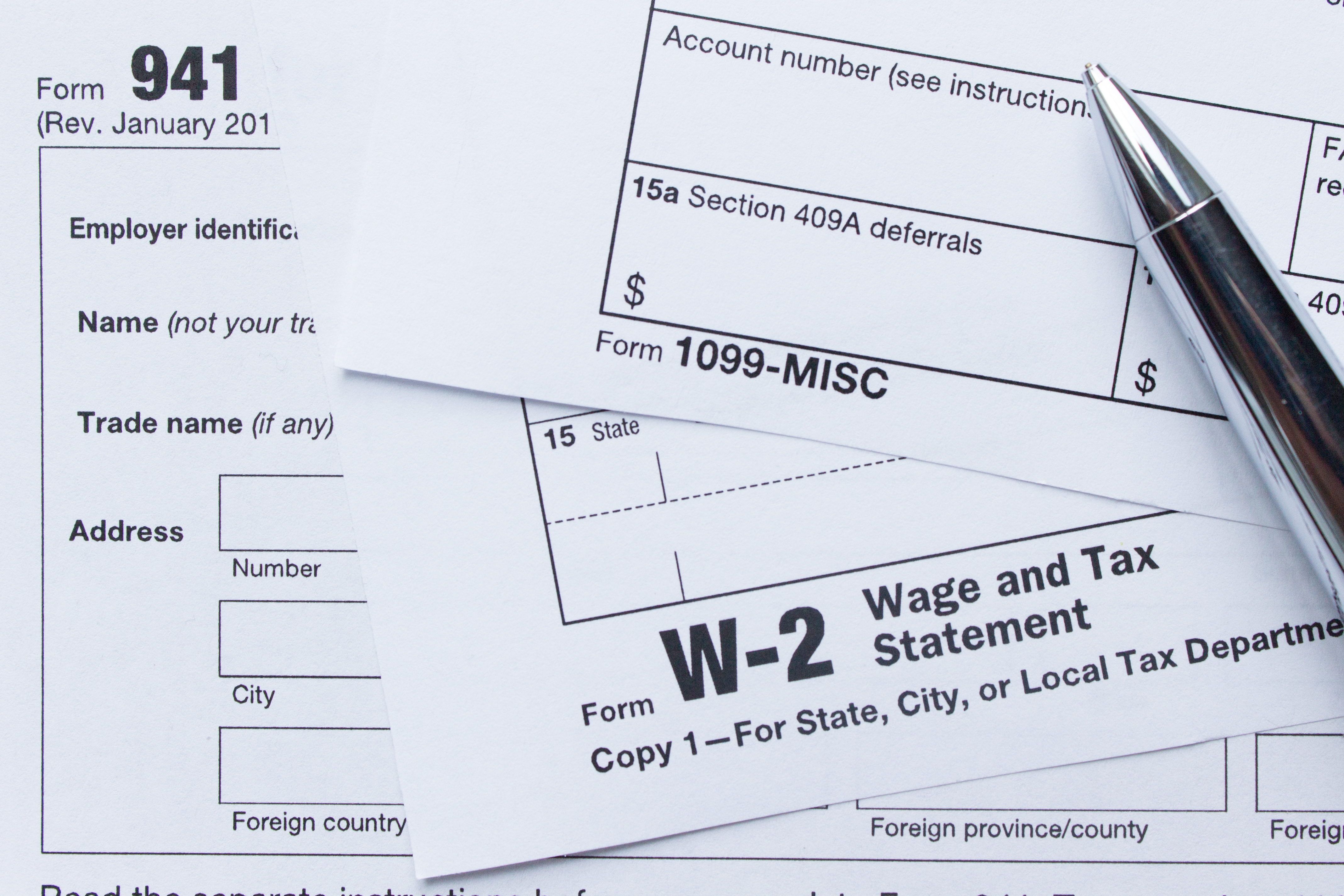When it comes to employment and taxes, the distinction between a 1099 independent contractor and a W-2 employee is crucial. Each classification carries different tax responsibilities, benefits, and potential drawbacks. Understanding the implications can help you make informed financial decisions, whether you’re a worker choosing between roles or a business deciding how to classify your workforce.
The rise of remote work has transformed how businesses operate, but it has also introduced new tax challenges—especially when it comes to state tax nexus. Many companies are unknowingly triggering tax obligations in states where they have remote employees, potentially exposing themselves to tax liabilities, penalties, and compliance burdens.
The Employee Retention Tax Credit (ERTC) was a critical relief measure for businesses during the COVID-19 pandemic, offering substantial tax credits to help employers retain staff. However, the IRS has significantly increased its scrutiny of ERTC claims, leading to more audits and compliance reviews. Businesses that claimed the ERTC must be prepared to substantiate their eligibility and ensure they have the necessary documentation to avoid penalties.
There has been , yet again, another significant update regarding Beneficial Ownership Information (BOI) reporting requirements under the Corporate Transparency Act (CTA). The Financial Crimes Enforcement Network (FinCEN) has issued an interim final rule that removes the requirement for U.S. companies and U.S. persons to report BOI to FinCEN.
Tax season is here, and if you’re preparing to file your 2024 return, you’ll want to be aware of recent tax law changes that could impact how much you owe or how much you get back in refunds. From adjustments in tax brackets to changes in deductions and credits, here’s a breakdown of key updates to consider when filing this year.
As tax season approaches, many small business owners are leaving money on the table by overlooking valuable deductions. Staying informed about tax law changes and exploring lesser-known breaks can significantly reduce your taxable income. Here are some often-overlooked deductions to help you keep more of your hard-earned money:











